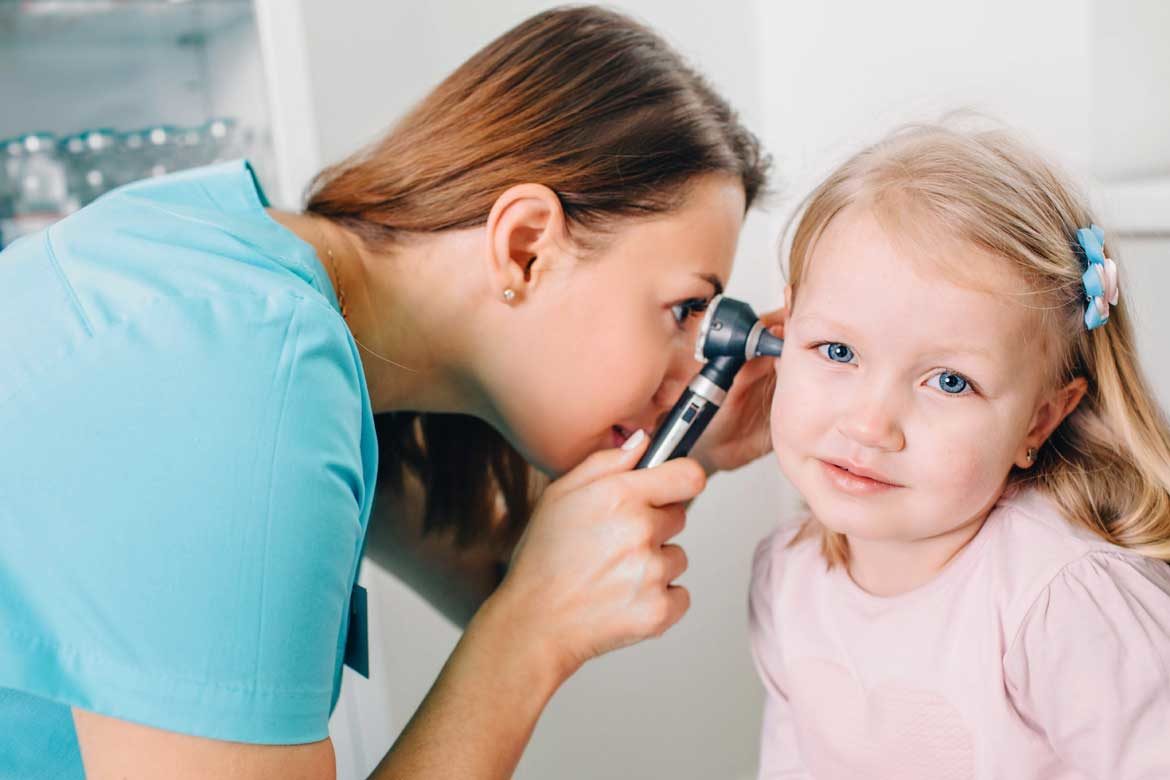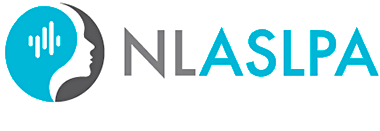
Management of Hearing Loss
Early intervention and detection of hearing loss is necessary to prevent additional problems with speech and language development. A health care team approach is normally used when a child is diagnosed with some degree of hearing loss. Team members include the following:
Audiologist. A professional who specializes in the evaluation and management of hearing and balance problems in people of all ages. Audiologists are also involved with the fitting and management of hearing aids and other assistive devices.
Otolaryngologists. A doctor with special training in medical and surgical treatment for children who have disorders of the ear, nose, and throat.
Speech pathologist. A professional who helps evaluate and manage speech, language, and hearing problems in your child.
Your child’s health care provider will figure out the best treatment for your child based on:
- How old your child is
- His or her overall health and medical history
- How sick he or she is
- How well your child can handle specific medications, procedures, or therapies
- How long the condition is expected to last
- Your opinion or preference
Management of hearing loss may include one or more of the following:
- Use of hearing aids. Electronic or battery-operated devices that can amplify and change sound. A microphone receives the sound and converts it into sound waves. The sound waves are then converted into electrical signals.
- Cochlear implants. A surgically placed appliance that helps to transmit electrical stimulation to the inner ear. Only children with hearing loss too severe for hearing aid use are candidates for this type of device. Consult your child’s health care provider for more information.
- Training in sign language and lip reading

